At the end of 2019, the UW Timothy A. DeRouen Center for Global Oral Health interns took part in a breakfast meeting with Dr. Gary Chiodo, Dean of the University of Washington School of Dentistry. The interns shared snapshots of their work in furthering the DeRouen Center’s mission.
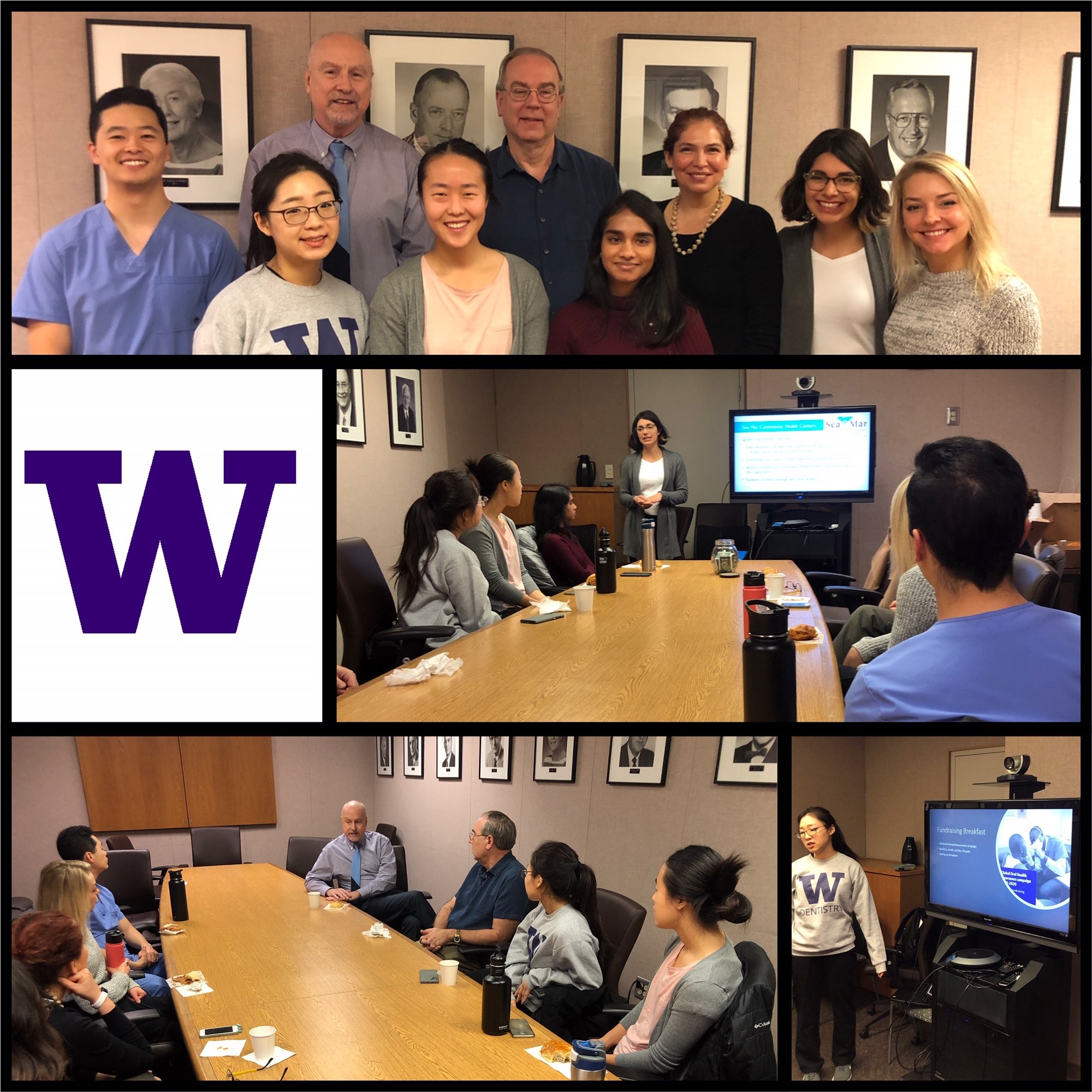 Our very first interns, Sydney Russell and Marina Martinez, presented their stories on early growth of various international sites in collaboration with the DeRouen Center, and also shared how their intern experiences have led them to their career path after graduation. After leaving UW, Marina worked as Senior Quality Improvement Specialist at Sea Mar Community Health Centers, and currently is a Business Operations Consultant at The Spur Group. Sydney is a Public Health Analyst with the Health Resources and Services Administration (HRSA) at DHHS.
Our very first interns, Sydney Russell and Marina Martinez, presented their stories on early growth of various international sites in collaboration with the DeRouen Center, and also shared how their intern experiences have led them to their career path after graduation. After leaving UW, Marina worked as Senior Quality Improvement Specialist at Sea Mar Community Health Centers, and currently is a Business Operations Consultant at The Spur Group. Sydney is a Public Health Analyst with the Health Resources and Services Administration (HRSA) at DHHS.
Susan Lee (at that time, senior dental student) shared her role in administration and advocacy. She excelled at promoting global oral health to the general public through social media, monthly newsletters, and fundraising events. Justin Kahng (current third year dental student) was one of our newer interns who presented his activities on advocacy through social media. Other interns spoke about awards and fellowships in public health. Jennifer Liu was one of the lead applicants in the Morrell Research Fund which was awarded to the Timothy A. DeRouen Center for Global Oral Health in July 2019 for the project “Refugees’ Endeavors for Utilizing Governmental Existing Efforts in the State (REFUGEES); Dental Health Care Utilization Among Newly Resettled Refugees 2015-2018.” Poojashree Rajanbabu was awarded the Northwest Center for Public Health Practice (NWCPHP) Student Collaborative Project Stipend, which is intended to help students defray living expenses during their hands-on public health training experience for public and nonprofit health organizations in Washington, Alaska, Idaho, and Oregon. Pooja was awarded this stipend for her cross-sectional study entitled, “Evaluating Refugee Children’s Oral Health in Washington State.”
After a brief presentation from the interns, Dean Chiodo shared inspiring stories about his journey in public health dentistry and how the field has changed over the years. Especially poignant was the early days of the HIV crisis in the 1980’s where he was one of the first oral health providers to treat HIV/AIDS patients.
This was a great experience for our interns to present their activities and to learn more about the Dean’s journey in dentistry and to understand more of the historical knowledge of dental public health. Opportunities like this enrich student experience and increases networking for future career development.
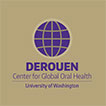
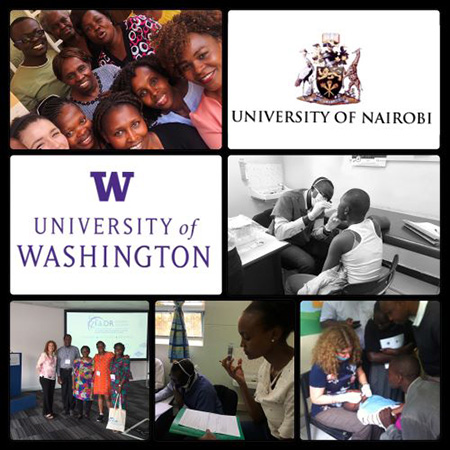 Since 2015, the University of Washington (UW) DeRouen Center for Global Oral Health has developed a partnership with UW Global Health, University of Nairobi and Kenyatta National Hospital in Kenya to set up the Children’s Healthy Oral Management Project (CHOMP). The CHOMP project investigates the connection between oral health and HIV. By developing research, training, and implementing pediatric oral health and HIV agenda, CHOMP sets an example for working towards improving oral health care for children with HIV. These partnerships not only advance oral health research, they also strengthen institutional collaborations which pave the way for future opportunities.
Since 2015, the University of Washington (UW) DeRouen Center for Global Oral Health has developed a partnership with UW Global Health, University of Nairobi and Kenyatta National Hospital in Kenya to set up the Children’s Healthy Oral Management Project (CHOMP). The CHOMP project investigates the connection between oral health and HIV. By developing research, training, and implementing pediatric oral health and HIV agenda, CHOMP sets an example for working towards improving oral health care for children with HIV. These partnerships not only advance oral health research, they also strengthen institutional collaborations which pave the way for future opportunities.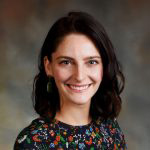
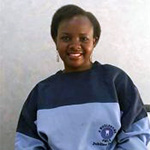
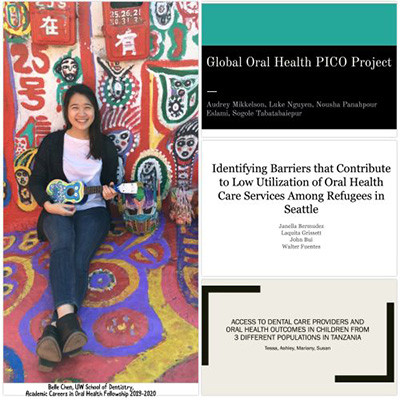 Dental students have demonstrated an interest in international topics but are largely unaware of global health topics. To improve students’ global health awareness, the University of Washington (UW) Timothy A. DeRouen Center for Global Oral Health at the UW School of Dentistry (UWSOD) created an elective course for dental and public health students. In 2018, UW began a partnership with Harvard School of Dental Medicine (HSDM) aimed to increase global oral health courses at educational institutions. Belle Chen (2020 graduate) received the 2019 Academic Careers in Oral Health Fellowship for her work in facilitating and developing the course integration. The result of this collaboration will be featured in Annals of Global Health, showing the effect on students’ knowledge and attitude towards global health.
Dental students have demonstrated an interest in international topics but are largely unaware of global health topics. To improve students’ global health awareness, the University of Washington (UW) Timothy A. DeRouen Center for Global Oral Health at the UW School of Dentistry (UWSOD) created an elective course for dental and public health students. In 2018, UW began a partnership with Harvard School of Dental Medicine (HSDM) aimed to increase global oral health courses at educational institutions. Belle Chen (2020 graduate) received the 2019 Academic Careers in Oral Health Fellowship for her work in facilitating and developing the course integration. The result of this collaboration will be featured in Annals of Global Health, showing the effect on students’ knowledge and attitude towards global health.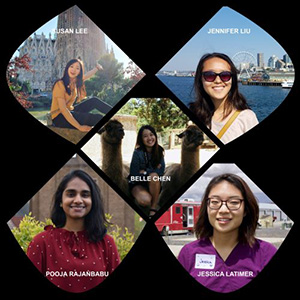
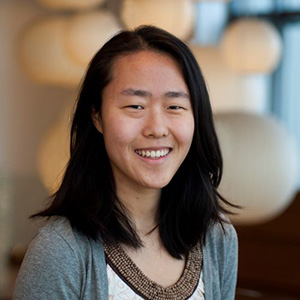 UW MPH graduate, Jennifer Liu, was recently selected for the California Epidemiologic Investigation Service (Cal-EIS) Fellowship Program for the 2020-2021 year. Cal-EIS is a unique program that provides one year of training in applied epidemiology for epidemiologists who have recently graduated from a Master’s degree program. Fellows have the opportunity to work on a variety of projects under the mentorship of a preceptor, either within the California Department of Public Health or within a local health department in the state. Prior fellows have performed studies on descriptive and/or analytic epidemiology of diseases, investigated disease clusters, and evaluated programs.
UW MPH graduate, Jennifer Liu, was recently selected for the California Epidemiologic Investigation Service (Cal-EIS) Fellowship Program for the 2020-2021 year. Cal-EIS is a unique program that provides one year of training in applied epidemiology for epidemiologists who have recently graduated from a Master’s degree program. Fellows have the opportunity to work on a variety of projects under the mentorship of a preceptor, either within the California Department of Public Health or within a local health department in the state. Prior fellows have performed studies on descriptive and/or analytic epidemiology of diseases, investigated disease clusters, and evaluated programs. 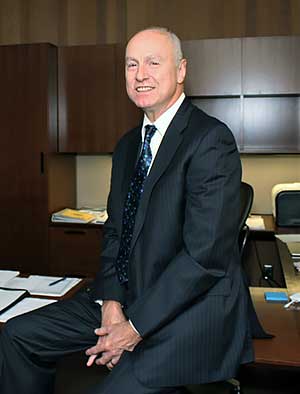 Life as we knew it has changed during the past few months, and it will never again be the same. The novel coronavirus seemed like a hypothetical risk when it arose in distant countries. Then the pandemic arrived in our back yard and began spreading here at great risk to public health. It is an invisible foe, highly contagious and significantly mortal. In the process of realizing the profound implications that a tiny virus has on our lives and freedom to move about in our communities, we are also confronted with the reality that dental education and dental practice will change forever. Our ability to gather large numbers of students in an enclosed space, and the wisdom of doing so, will be modified. The logistics of providing clinical experiences in dental schools and the facilities for that education will evolve. Patients, whether they access oral health care via private practices or dental schools, will arrive with new expectations and new questions. The technology that supports both educational methods and patient care must – and will — advance at a rapid pace. New vaccines and effective treatments will emerge with a high priority; however, these things will be effective against the enemy we know, not the ones that have yet to show up, and our patients and students will understand that limitation.
Life as we knew it has changed during the past few months, and it will never again be the same. The novel coronavirus seemed like a hypothetical risk when it arose in distant countries. Then the pandemic arrived in our back yard and began spreading here at great risk to public health. It is an invisible foe, highly contagious and significantly mortal. In the process of realizing the profound implications that a tiny virus has on our lives and freedom to move about in our communities, we are also confronted with the reality that dental education and dental practice will change forever. Our ability to gather large numbers of students in an enclosed space, and the wisdom of doing so, will be modified. The logistics of providing clinical experiences in dental schools and the facilities for that education will evolve. Patients, whether they access oral health care via private practices or dental schools, will arrive with new expectations and new questions. The technology that supports both educational methods and patient care must – and will — advance at a rapid pace. New vaccines and effective treatments will emerge with a high priority; however, these things will be effective against the enemy we know, not the ones that have yet to show up, and our patients and students will understand that limitation.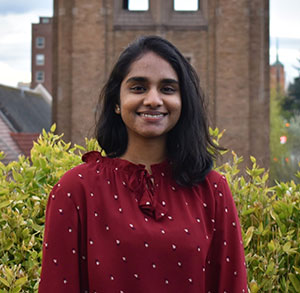 The Northwest Center for Public Health Practice (NWCPHP) Student Collaborative Project Stipends are intended to help students defray living expenses during their hands-on public health training experience for public and nonprofit health organizations in Washington, Alaska, Idaho, and Oregon. These collaborative projects involve a faculty member and a student working in close collaboration to enhance public health services to medically underserved communities. Pooja Rajanbabu, one of our research assistants, has been awarded this stipend for her cross-sectional study entitled, “Evaluating Refugee Children’s Oral Health in Washington State.”
The Northwest Center for Public Health Practice (NWCPHP) Student Collaborative Project Stipends are intended to help students defray living expenses during their hands-on public health training experience for public and nonprofit health organizations in Washington, Alaska, Idaho, and Oregon. These collaborative projects involve a faculty member and a student working in close collaboration to enhance public health services to medically underserved communities. Pooja Rajanbabu, one of our research assistants, has been awarded this stipend for her cross-sectional study entitled, “Evaluating Refugee Children’s Oral Health in Washington State.”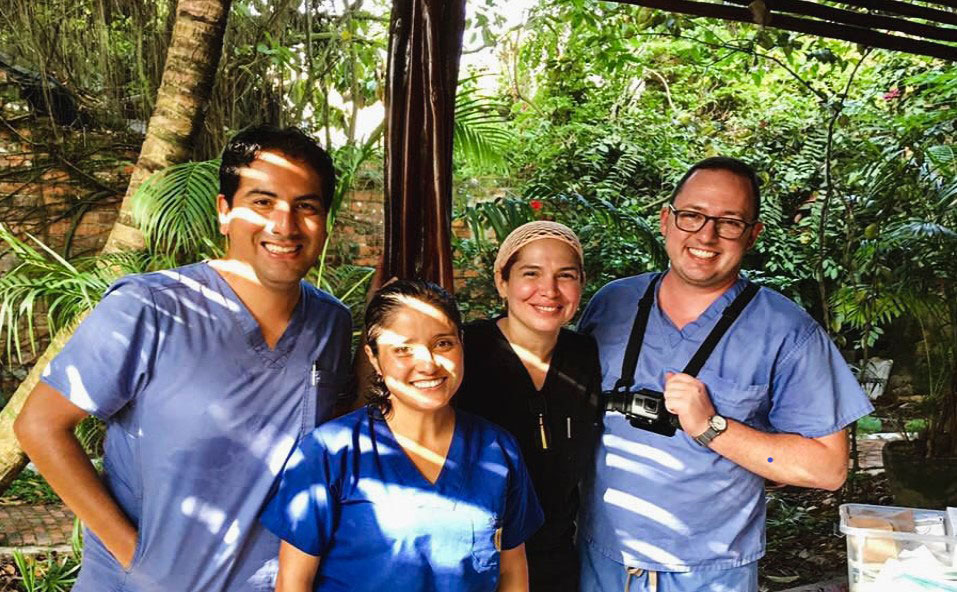
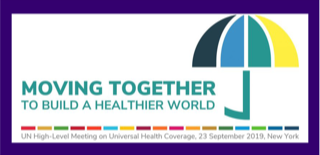 Oral diseases go unnoticed but affect billions of people around the world. The Global Burden of Disease Study 2016 estimates that more than half of the world’s population is burdened with untreated oral diseases, which can lead to pain, infection, tooth loss, and loss of productivity. According to an International and American Associations for Dental Research (IADR/AADR) report, the total global costs associated with oral diseases is approximately $442 billion per year. Oral diseases are the most common non-communicable diseases (NCDs), and periodontal (gum) disease is a risk factor for other prevalent NCDs, such as diabetes and cardiovascular disease (CVD).
Oral diseases go unnoticed but affect billions of people around the world. The Global Burden of Disease Study 2016 estimates that more than half of the world’s population is burdened with untreated oral diseases, which can lead to pain, infection, tooth loss, and loss of productivity. According to an International and American Associations for Dental Research (IADR/AADR) report, the total global costs associated with oral diseases is approximately $442 billion per year. Oral diseases are the most common non-communicable diseases (NCDs), and periodontal (gum) disease is a risk factor for other prevalent NCDs, such as diabetes and cardiovascular disease (CVD).